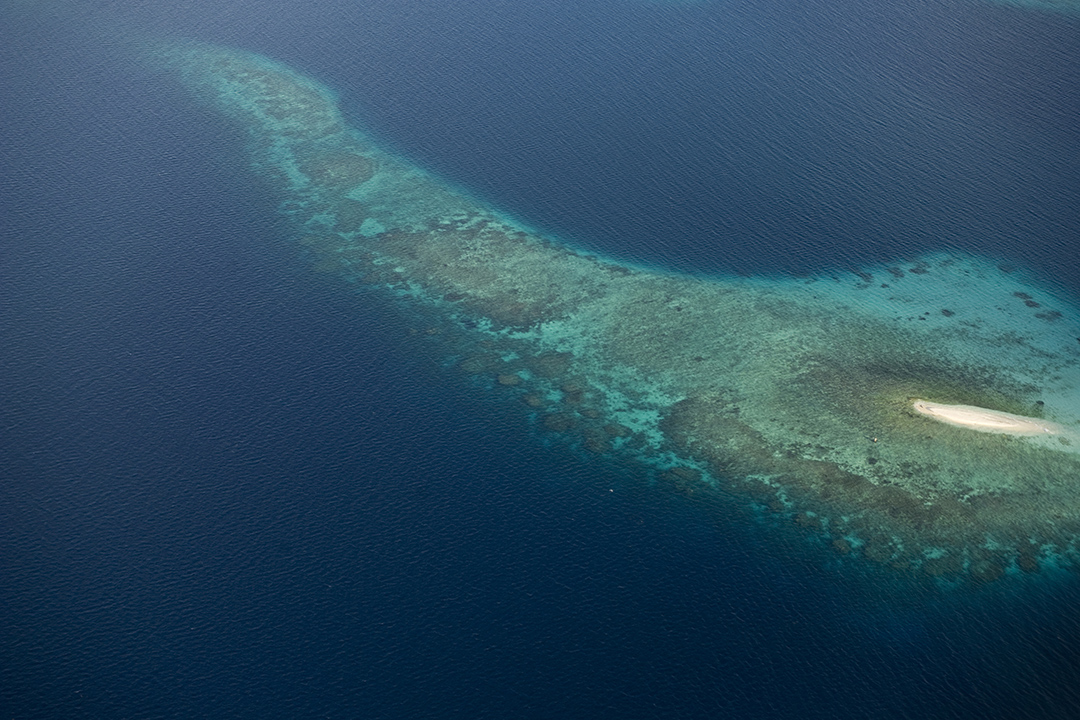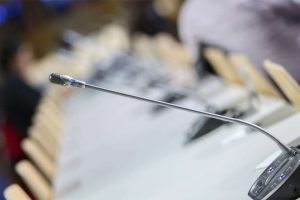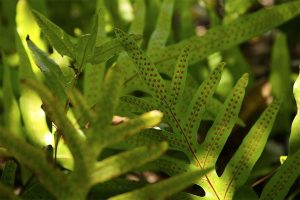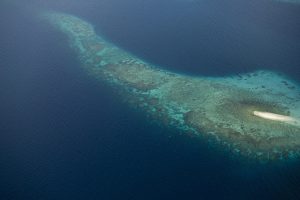23 February 2017: The Caribbean Sustainable Development Forum brought together representatives from governments, intergovernmental and non-governmental organizations, the private sector and academia throughout the Caribbean to discuss areas in which strengthened regional cooperation could promote sustainable development.
The event, which convened from 21-23 February 2017, took place in Aruba with support from the Government of the Netherlands, as part of its follow-up on promises to support Caribbean small island developing States (SIDS) in achieving the Sustainable Development Goals (SDGs). Aruba is a constituent country of the Kingdom of the Netherlands.
A number of high-level and keynote speakers addressed the Forum in the first three sessions, including Mike Eman, Prime Minister, Aruba, and Ronald Plasterk, Minister of the Interior and Kingdom Relations, Kingdom of the Netherlands. The Forum also convened in ten working group sessions, during which recommendations for action were discussed.
The working group sessions recommended actions to, inter alia: prioritize efforts to protect small and medium sized enterprises (SME), including through promoting sustainable value chains and regional experience sharing and cooperation on the SME agenda; reframe the public discussion about the importance of ecological conservation for a bottom-up approach while also encouraging the private sector to incorporate protection of marine life in their marketing strategies; develop a regional forest financing strategy including public international funding and innovative financing mechanisms; strengthen urban planning and utilities management to protect water resources; develop a platform to share information on best practices of climate smart and green agriculture technologies; improve energy efficiency and support energy technology ventures in the region; promote sustainable tourism in all its forms, assess carrying capacity in terms of tourism development planning, and enforce building codes and land use planning; develop awareness of careers and new industries that come from the blue economy, and establish a clearing house for green educational materials; promote collaboration and partnerships among research initiatives and platforms in the region; and, in financing efforts, pay more attention to disaster risk reduction and support to SMEs.
The second Caribbean Sustainable Development Forum was recommended to convene in two years. [CSDF information page on Facebook] [IISD Sources]
The Forum took place at the same time and in the same location as the 15th Forum of the Association of the Overseas Countries and Territories of the EU (EU-OCT Forum) and its Ministerial Conference. During the EU-OCT event, among other statements, the European Commission’s Commissioner for International Cooperation and Development, Neven Mimica, reaffirmed the EU’s commitment to work with all partners to “build resilience and sustainable responses to common challenges, such as climate change, disaster risk reduction and sustainable energy transition.” Mimica noted that OCTs have the potential to act as regional hubs of excellence in addressing issues of common concern, and said the EU would continue to work together in addressing climate change and increasing the use of renewable energies.
A statement delivered on behalf of ACP (African, Caribbean and Pacific Groups of States) Secretary General Patrick Gomes discussed ways to promote South-South and Triangular Cooperation. He also addressed ACP countries’ preferences for when the Cotonou Partnership Agreement comes to an end, in February 2020, including three pillars: trade, investment, industrialization and services; development cooperation, technology, science and innovation/research; and political dialogue and advocacy including peace and security. Participants also discussed the European Development Fund and took part in an Energy Learning Tour that focused on Aruba’s renewables best practices. [OCTA Annual Forum webpage] [ACP Secretary General’s statement] [EC Commissioner Mimica’s statement]



